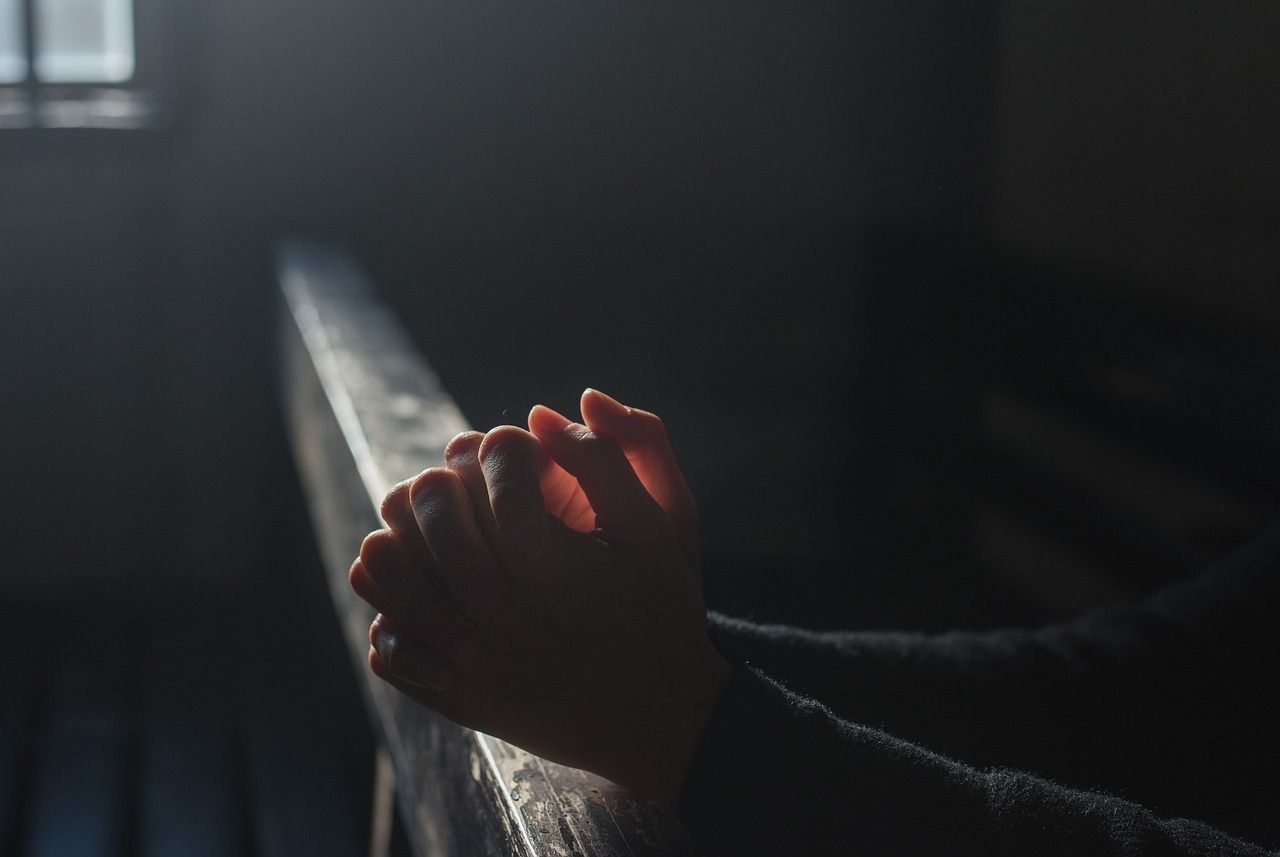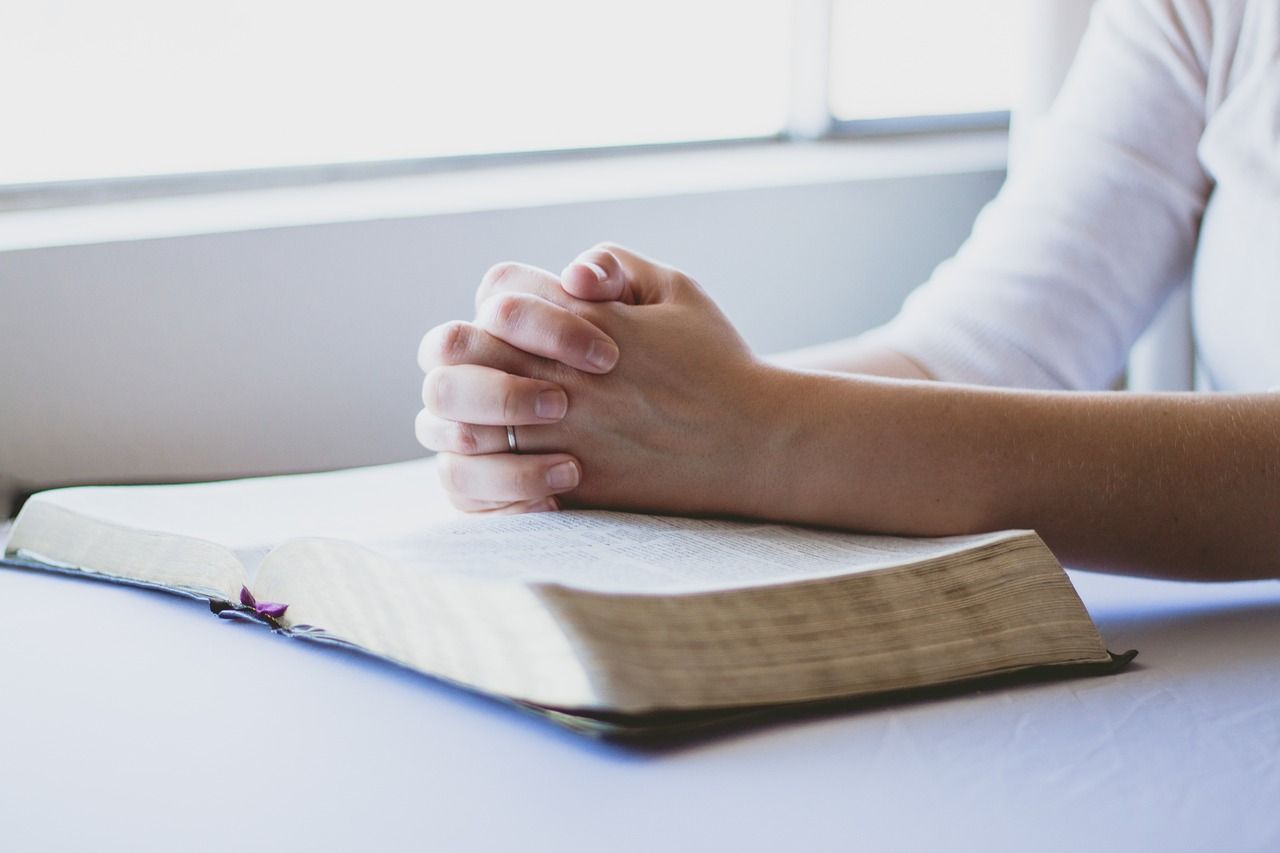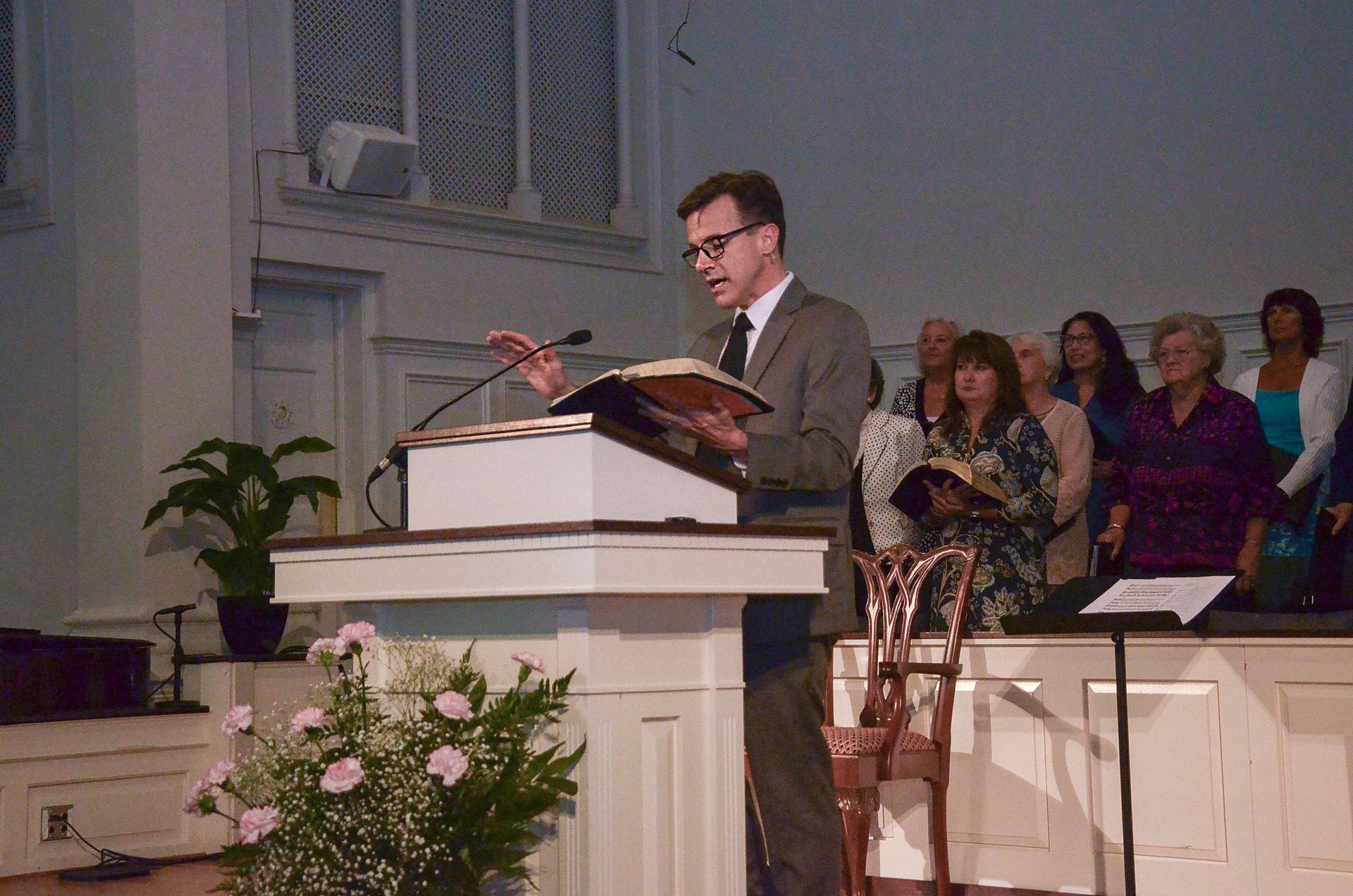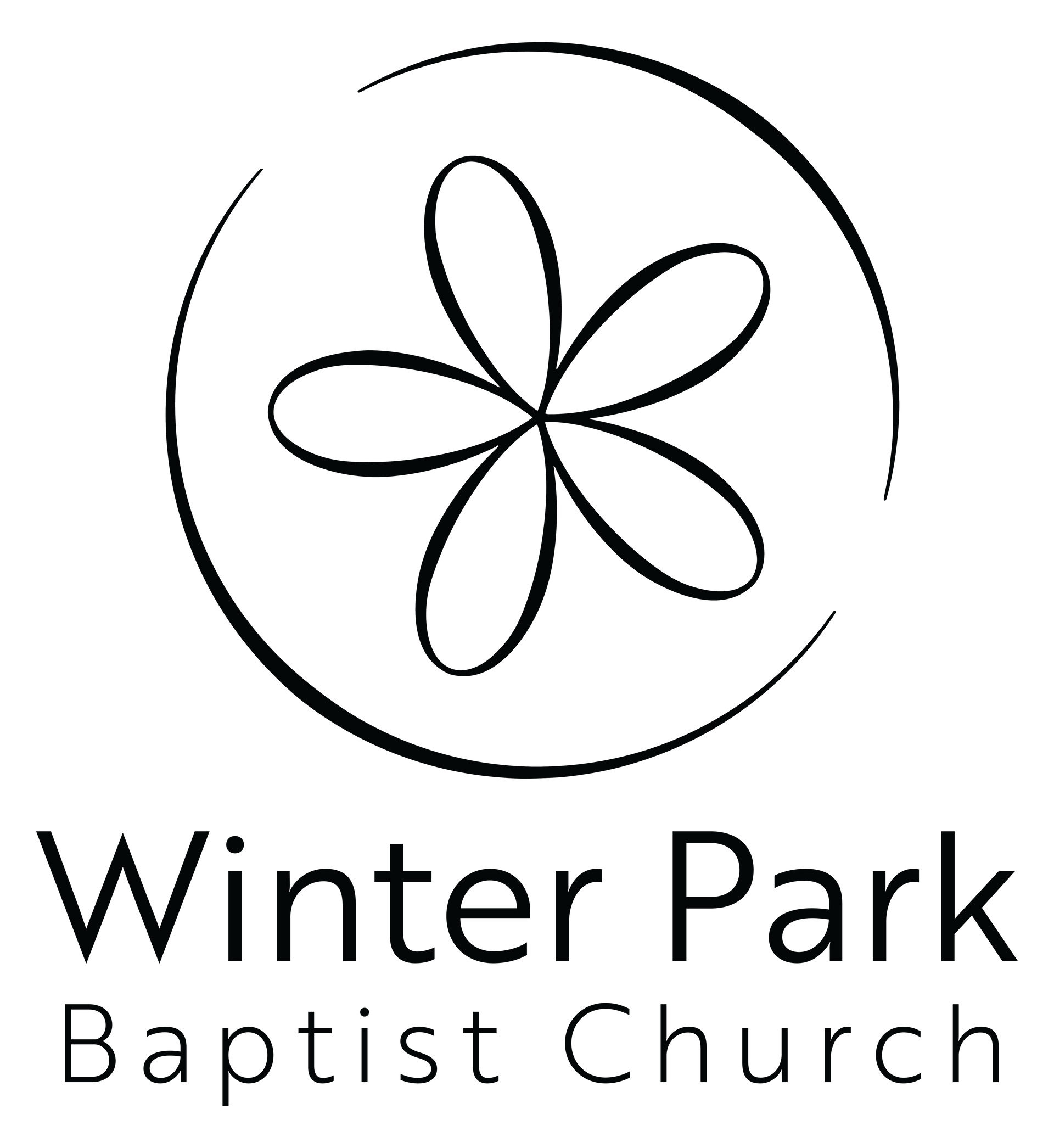A Big Weekend!
Dear Winter Park Family,
This weekend looks to be a big weekend in the life of our church. We have plentiful and significant activities scheduled. On Saturday, March 9, 2024, we will hold a missions’ fair in the community center from 11am-2pm. There will be outside organizations that we partner with present such as Vigilant Hope, The Harrelson Center, Winter Park Elementary School, and Christian Women’s Job Corps. Most of us have an outreach organization or two that we hold in especially high esteem. For me, Christian Women’s Job Corps is one such outreach organization. Christian Women’s Job Corps assist women who are trapped in poverty with a hand up, not a hand out. There also exists Christian Men’s Job Corps. Did you know there are six Christian Women Job Corps sites in North Carolina and one of them meets in our building each Monday night?
In addition to the groups mentioned in the above paragraph, I am thrilled to announce that not only will Marc and Kim Wyatt and Lydia Tatum be present with us on Saturday for the missions’ fair; they will also speak to us during both morning worship services on Sunday (March 10, 2024). Marc and Kim are well-known throughout Cooperative Baptist Fellowship life. For years now, they have served as Cooperative Baptist Fellowship field personnel in the Research Triangle of North Carolina. Previously they served as CBF field personnel in Thailand and Canada. The emphasis of their service is housing hospitality – assisting people and families in need of housing. In October 2015, Marc and Kim established Welcome House Raleigh. Welcome House Raleigh serves as temporary living quarters for refugees who do not have a place to stay upon their arrival to the area. Today, Welcome House Raleigh is a partnership between the Cooperative Baptist Fellowship of North Carolina, refugee agencies, partner churches, and individuals. Earlier this year, CBFNC hired Lydia Tatum as Welcome Network Director. As noted above, she will be with us this weekend along with Marc and Kim. Marc, Kim, and Lydia will educate us concerning their work with housing hospitality towards their neighbors. Of course, deep reflection upon their ministry is timely for us as our congregation is much concerned about how to best use the three houses we own to the glory of God.
On Sunday, in addition to Marc, Kim, and Lydia, we will also have the Gardner-Webb University Concert Choir with us during the 11am worship service. Winter Park Baptist Church is a part of their spring break travel tour. No doubt, we have more Camels than we do Bulldogs in our congregation. However, I know of at least two Gardner-Webb graduates! Please do all you can to be here for the worship of God and to support the Gardner-Webb University concert choir. Perhaps some from the 8:30am worship service might consider staying for the entirety of the 11am worship service as well.
I so look forward to our big weekend together!
In Christ,
Paul










SUBSCRIBE TO OUR NEWSLETTER
Contact Us
We will get back to you as soon as possible.
Please try again later.
